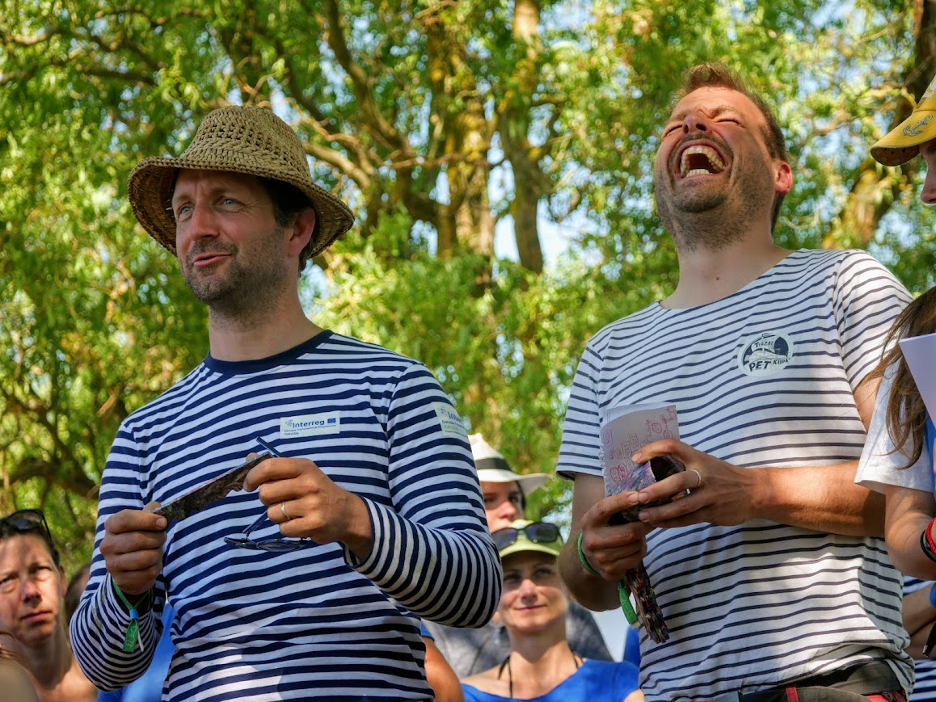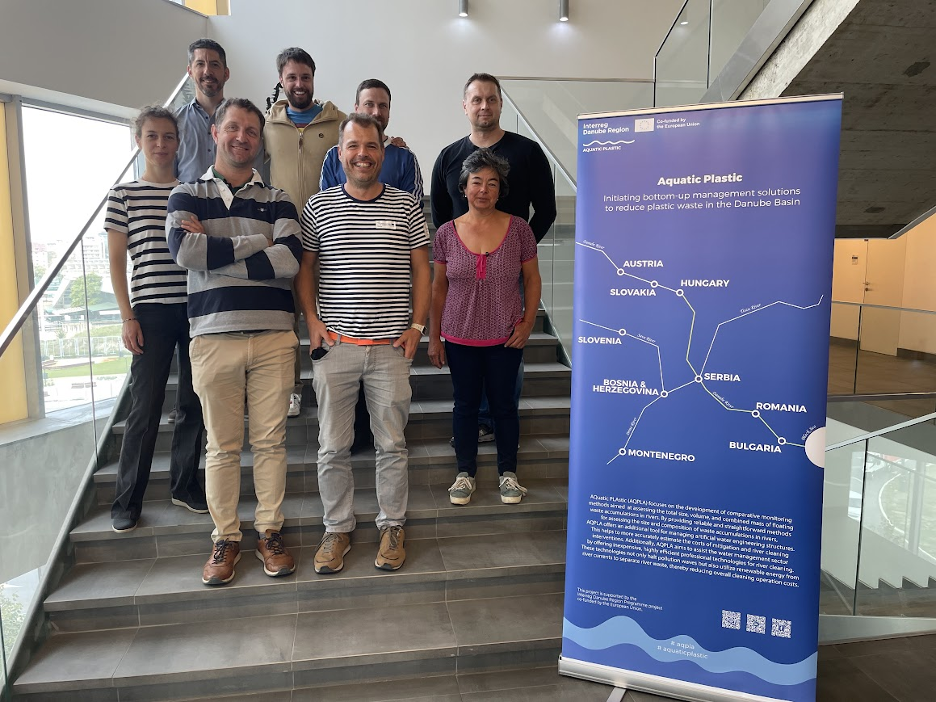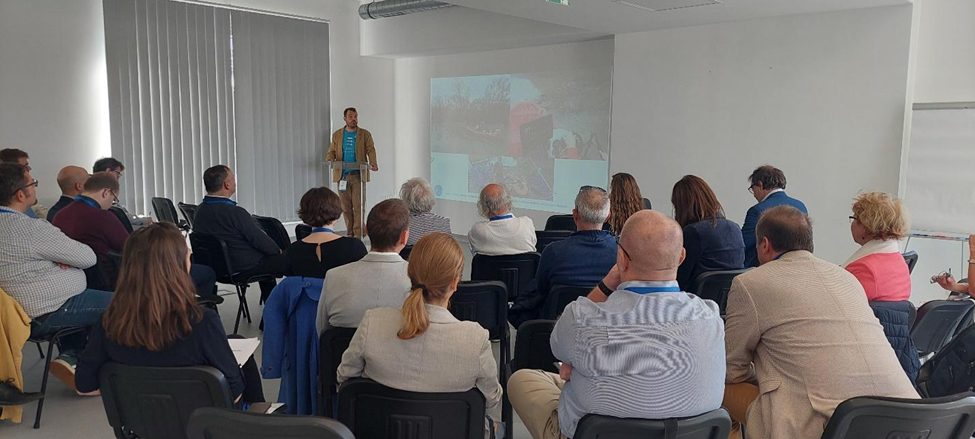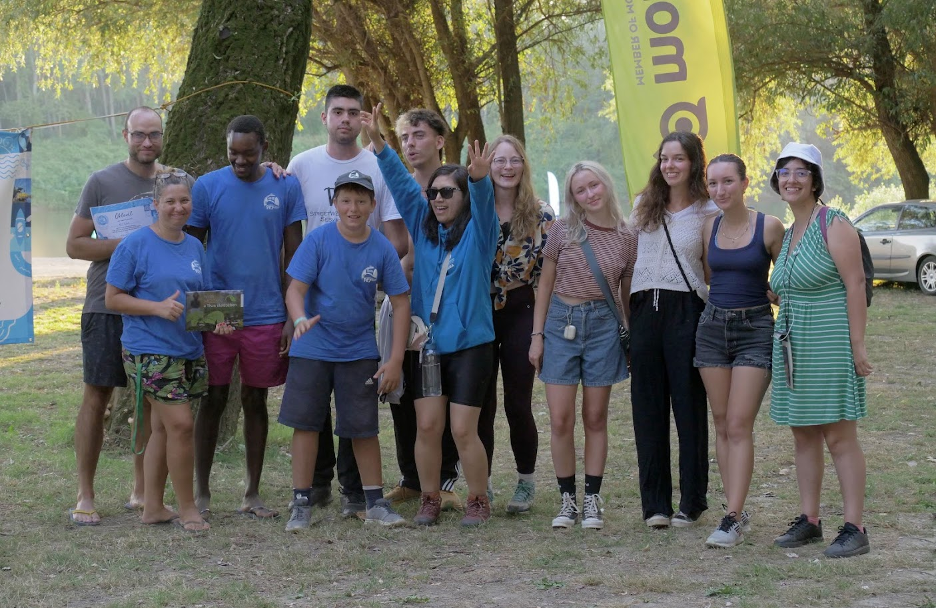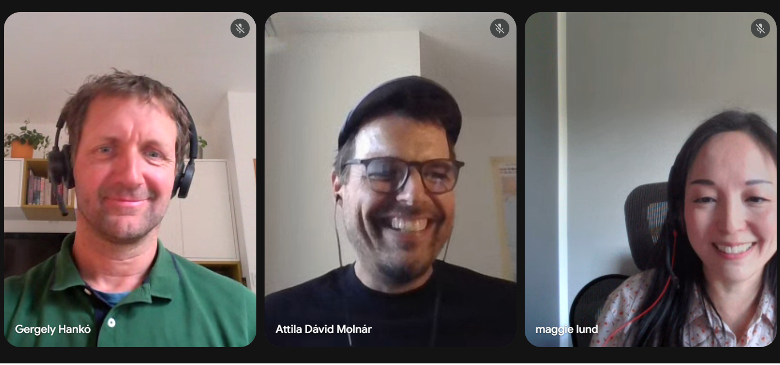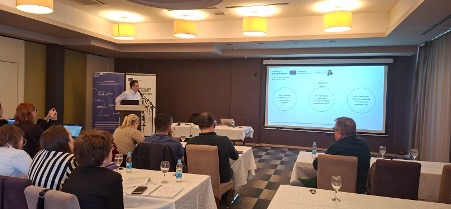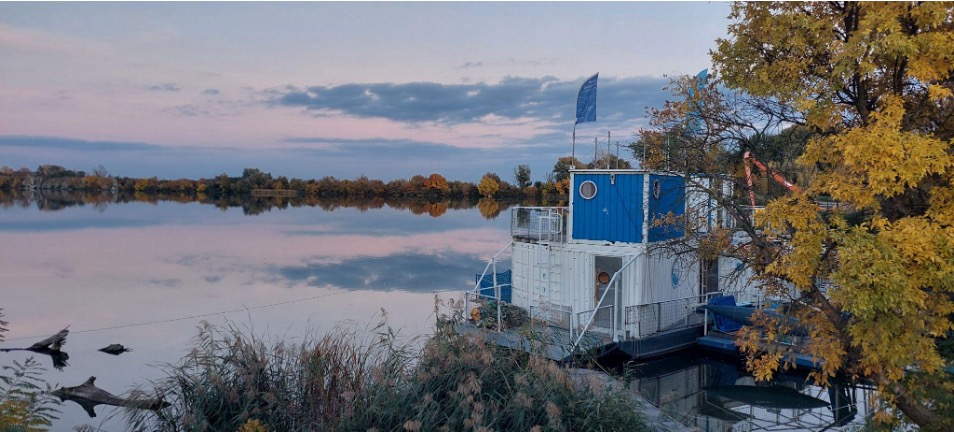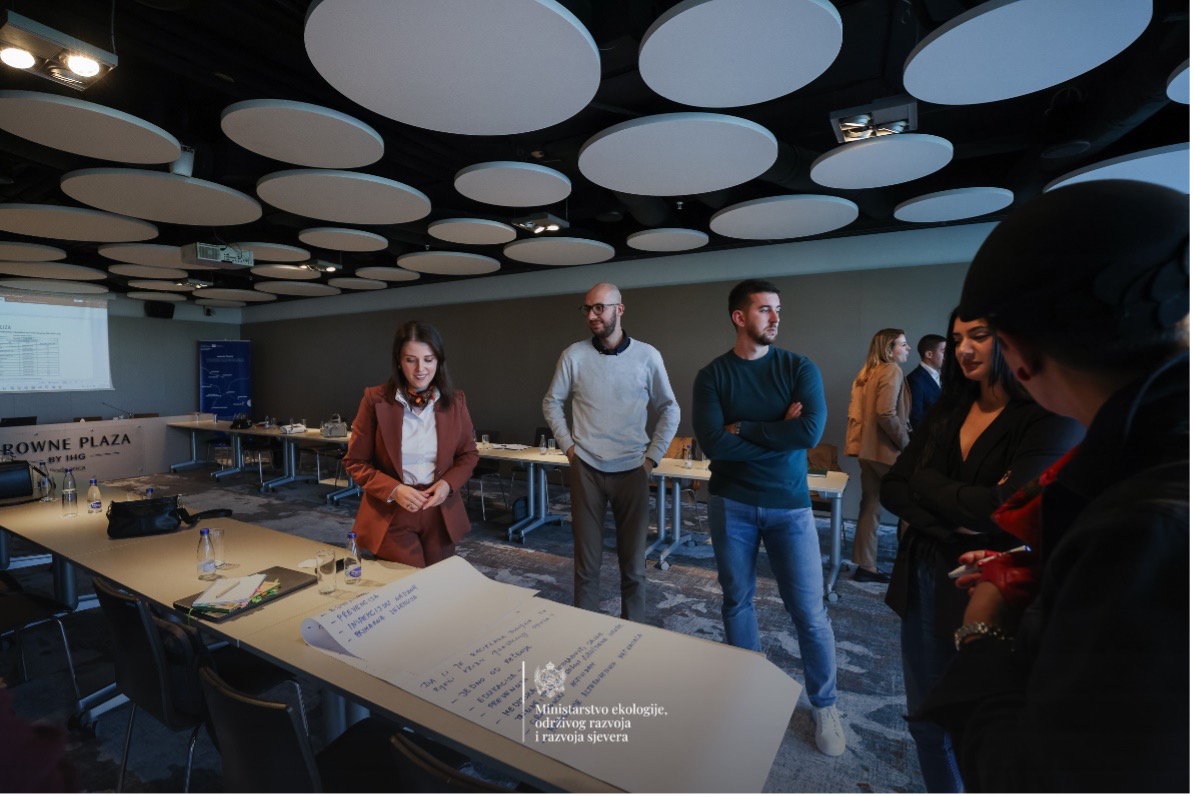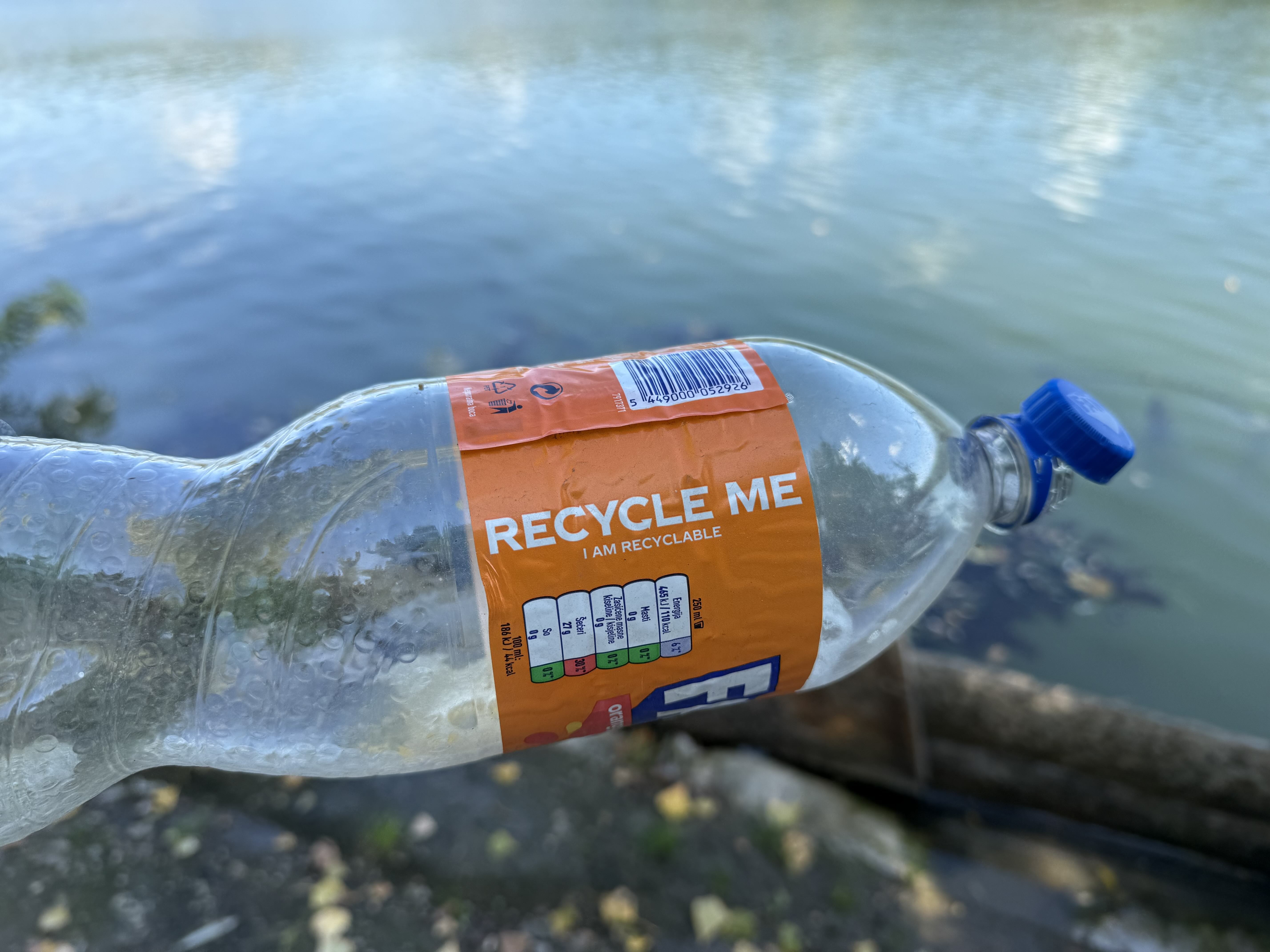
Co-creation Method training
The recent Co-Creation Workshop held on November 26-27, 2024, at the Water Research Institute (VUVH) in Bratislava aimed to train participants of the AQUATIC PLASTIC Project on effective co-creation methods. This training is designed to enhance stakeholder engagement when organizing similar workshops in their respective countries. The workshop focused on fostering collaboration among stakeholders to address the critical issue of plastic pollution through innovative and participatory approaches.
Day 1 Highlights:
The event commenced with an opening by the facilitators, who emphasized the informal and engaging nature of the workshop. Participants were encouraged to share their thoughts and experiences openly.
A series of group cohesion activities were conducted to foster relationships among participants. These included exercises such as positioning along a scale to express energy levels and familiarity with co-creation concepts, as well as creating Venn diagrams to identify shared traits.
Participants engaged in discussions about their hopes for the project, using image cards to symbolize their aspirations and expectations.
Key themes emerged regarding what participants need for full commitment to the AQPLA project, such as time, resources, recognition of stakeholders, and clear guidance from leadership.
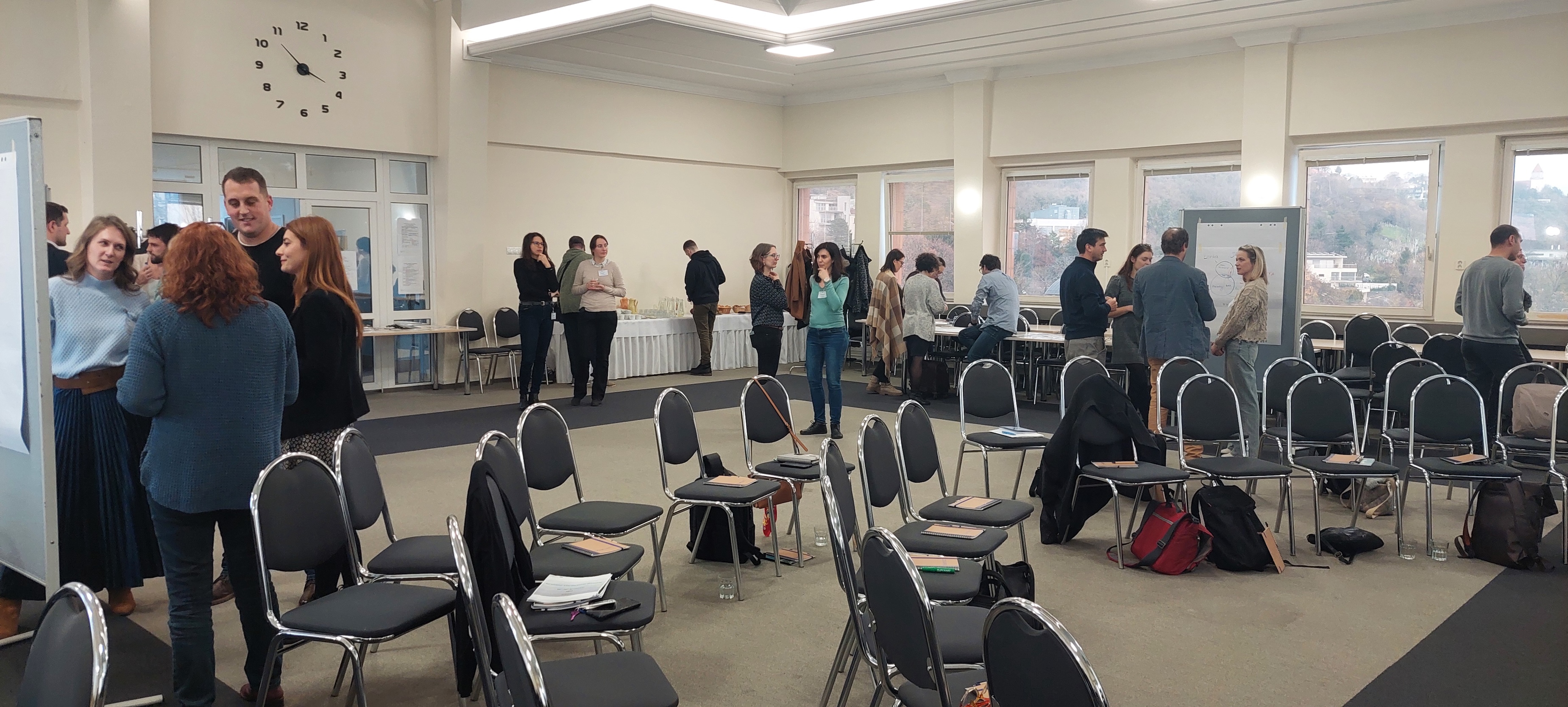
Presentation Insights:
A presentation by a project representative highlighted experiences from previous roundtable events, emphasizing the importance of collaboration among diverse stakeholders. The introduction of stakeholder mapping methods was discussed, showcasing how effective networking can enhance project outcomes.
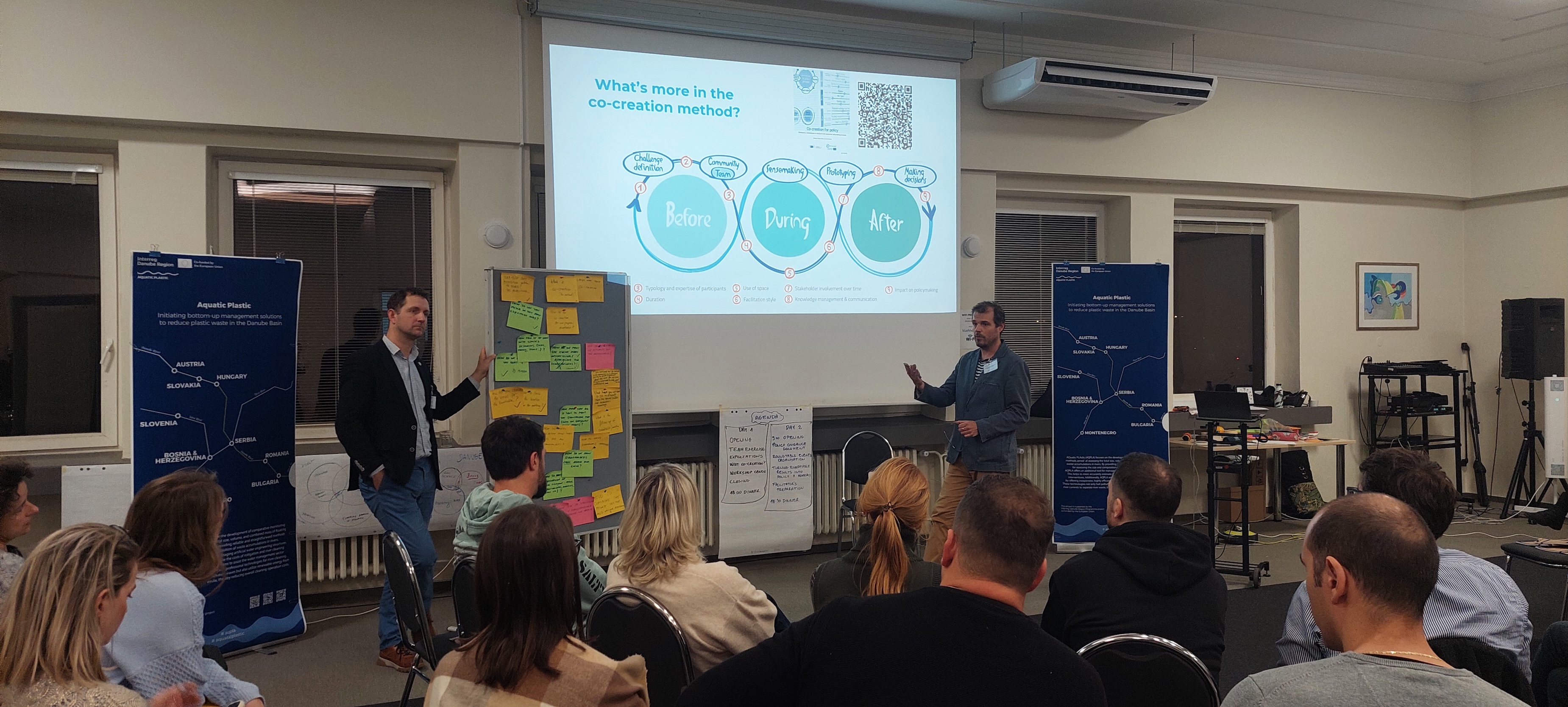
Day 2 Overview
The second day began with a warm-up exercise that allowed participants to reflect on their experiences from Day 1. A plenary discussion focused on the Policy Guidance Document aimed at addressing plastic pollution. Experts shared insights on effective communication strategies and the importance of engaging various stakeholders, particularly youth.
Participants were divided into groups to evaluate the existing Policy Guidance Document and propose improvements. They discussed how to ensure its relevance and effectiveness for key stakeholders while exploring innovative communication channels.
The workshop concluded with a commitment from participants to continue developing ideas and strategies in upcoming Helpdesk sessions, reinforcing the collaborative spirit essential for tackling plastic pollution.
This workshop represents a significant step towards fostering a co-creation mindset among stakeholders dedicated to addressing aquatic plastic challenges through shared knowledge and collective action.
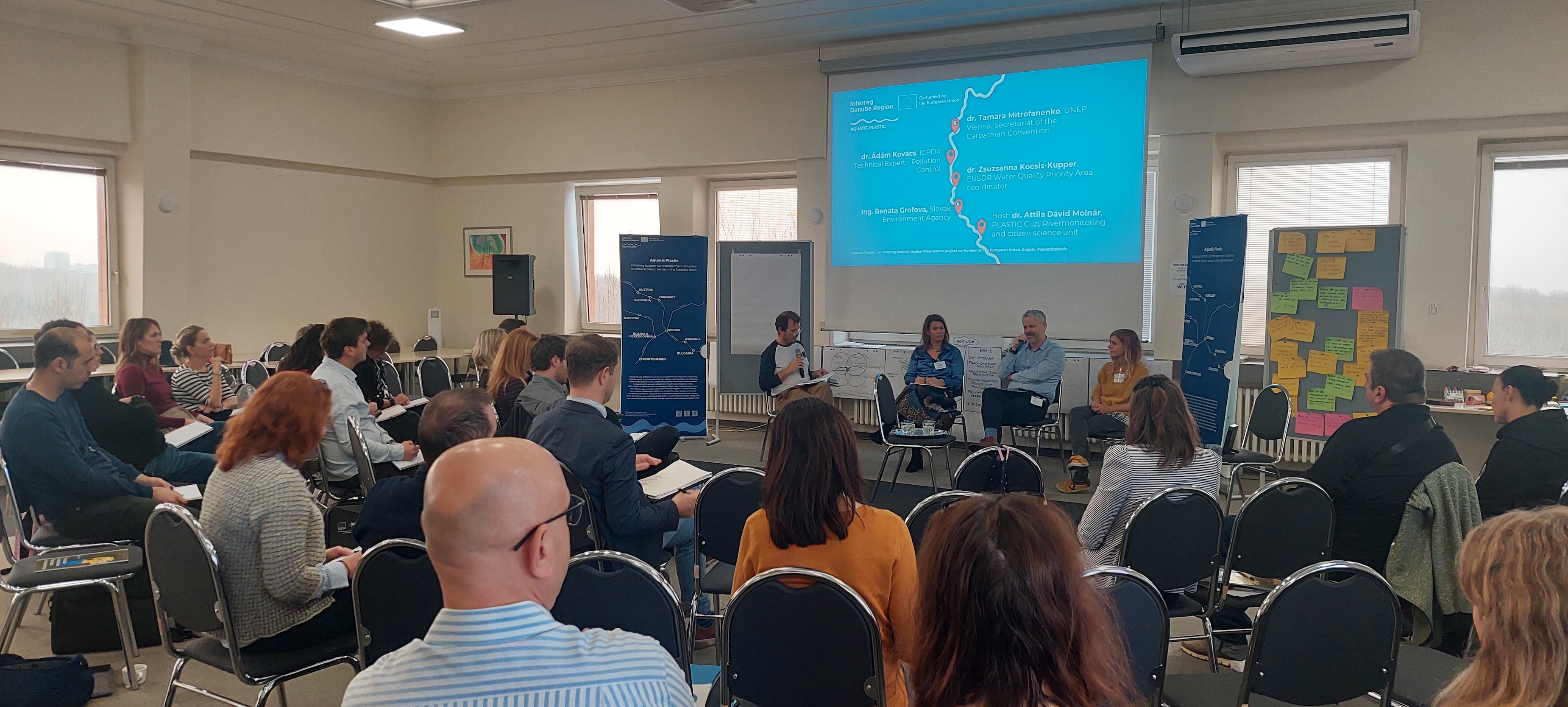
News & Events
Read the most recent updates and explore the upcoming events.

